On my most recent trip to Brazil I visited the three main partners we are working with in Minas Gerais. Two of the coffees we work with are in Sul de Minas area of Minas Gerais, Jaguara and Diquinho. We also work with Augusto, in Mantiqueira. He is a 5th generation coffee farmer following in his grandfather Manoel’s footsteps.
We have decided to approach our Brazil buying in a specific way. There is a lot of availability of Brazilian coffees in the market. They are traditionally coffees that importers and roasters are buying in a very price driven way. It is normal to go to Brazil and cup through tables and tables of coffees with similar profiles, either from large producers or large blends from groups of smaller producers, and make a selection. But in this way you will often end up picking different coffees each year and somehow lose a sense of direction.
It is far more interesting to work with farms or projects with small scale producers we recognise as having potential in the long term. Meaning we can work with the owners as our partners and hopefully work on developing the coffees being produced. It is much more rewarding to work long-term with the same producers and develop a relationship.
Still, we look for coffee that is unique and fruit-driven, and maybe not what you have come to associate with Brazilian coffee. In particular the natural coffee we source stand out for being incredibly clean.
We are working with a couple, Andre and Natalia, who own their own farm called Jaguara. Natalia also works for an exporter in Minas Gerais, where she is working across the range of speciality in Brazil. She has a personal interest in facilitating smaller farmers finding a stable market for their coffee. Andre is an agronomist who is working for a non-profit organisation called Procafe. Procafe is primarily a research organisation that works on developments and creating new cultivars for the Brazilian coffee industry. They also work in providing advisory service to farmers. Andre also assists his father by managing his farms.
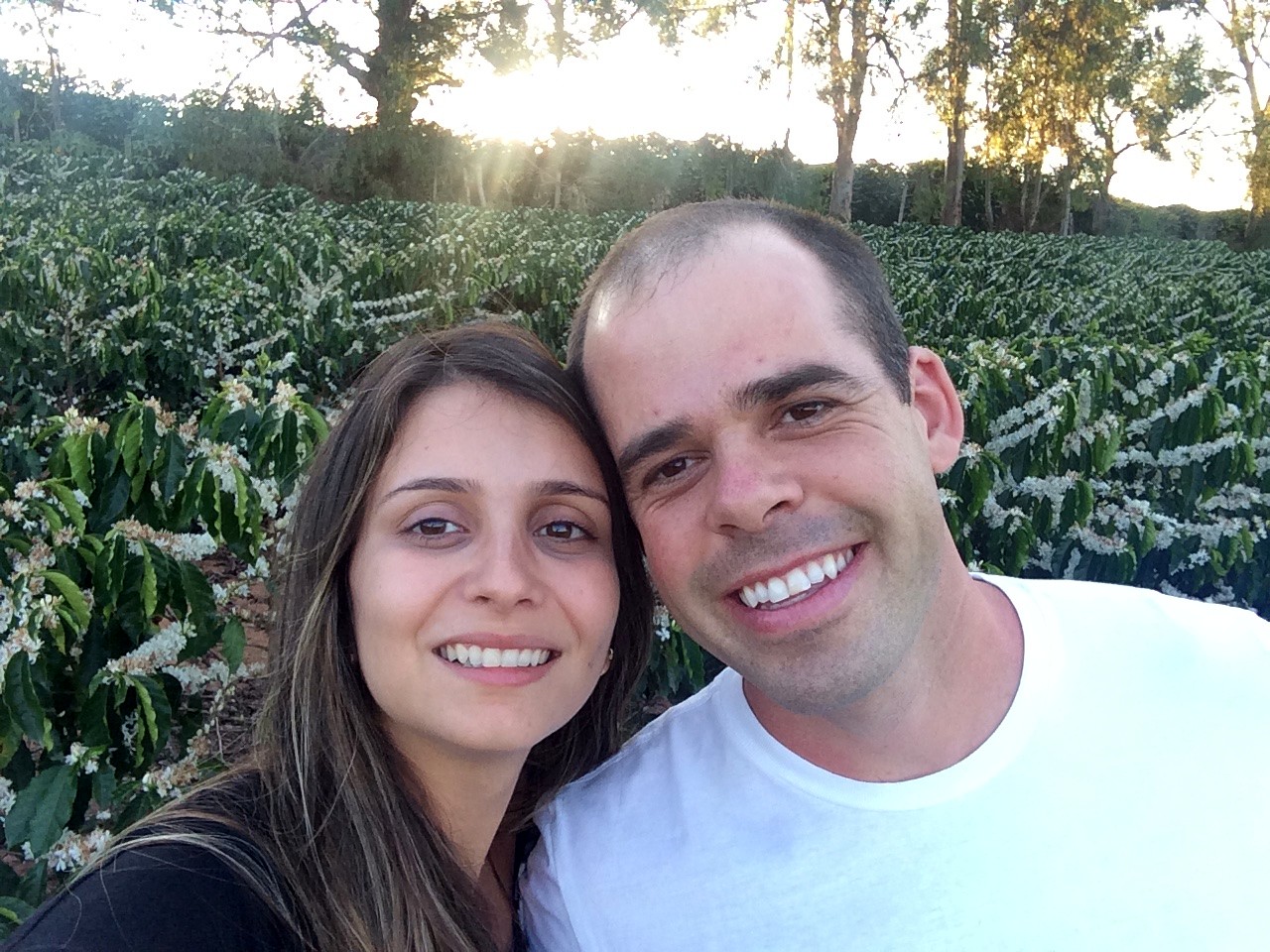
Natalia and Andre, at Jaguara
We have focused on working closely with Andre and Natalia and committing to buying as much of the production from Jaguara as we can. We also buy the Diquinho coffee that comes from one of Andre’s father’s farms, Santa Lucia. Through Natalia’s work with smaller farmers in the Sul de Minas area we have also made some connections that we are placing a priority on when buying.
We met Augusto, who is a young producer having his own farm and helping his family with their farms. He is the driving force behind his family’s production. He is engaged and interested in progressing their production as well as being in touch with the market in which his coffees are sold.
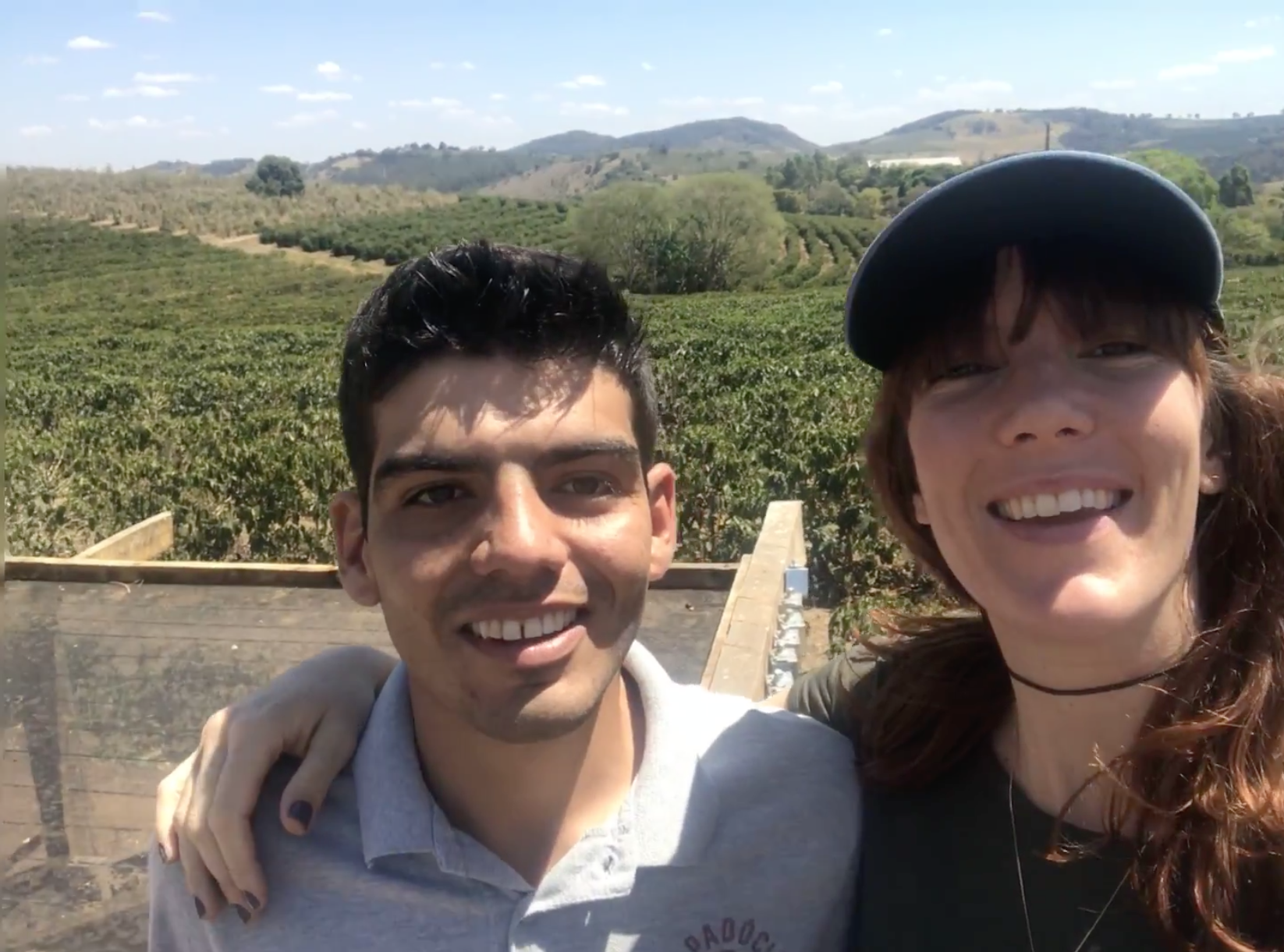
Augusto and Joanne
Coffee farms in Brazil come in many different sizes. There is a general assumption that there are a lot of huge, industrialised farms that dominate the industry but in fact the average size of coffee farms in Brazil is 7.5 hectares. Most of the farms are run by families. These small farms account for 13.9% of the exported Arabica coming from Brazil.
The majority of Brazilian coffee farmers are processing Natural coffee. There are also good amounts of Pulped Natural and minimal washed coffees. Pulped Natural is a method that Brazil is well known for. It is where the cherry is pulped but not fermented. Rather the cherry is immediately dried. The results are specific to Brazil in that the country has low humidity. Hence the coffee with the mucilage around can be dried rapidly without fermentation occurring. Farmers process their coffee to different stages, either to a stable humidity in parchment form, or to green (cleaned and ready for export).
The farmers will have the option of selling their coffee to a number of exporters that exist in Brazil. In most cases, they will send samples around to multiple exporters and wait on offers. The farmer’s knowledge of the movement of his coffee onward from the exporter is entirely decided by the kind of exporter he/she works with, and the transparency of that particular exporter with the farmer. There are also groups of farms who have created organisations through which they export their coffee in order to maintain the direct relationship with those they are selling to.
To sum it up, we look for unique and great tasting coffees where there are opportunities to work long term with producers who are innovative, committed and transparent.
It is more interesting for us to work with people where we can make improvements and develop potential together, and at the same time be able to provide a consistent product with traceability that is at a good value for our customer’s needs.
Watch this space, over the coming months we will be posting some in depth articles on each of these farms, so you can get to know them and these producers.
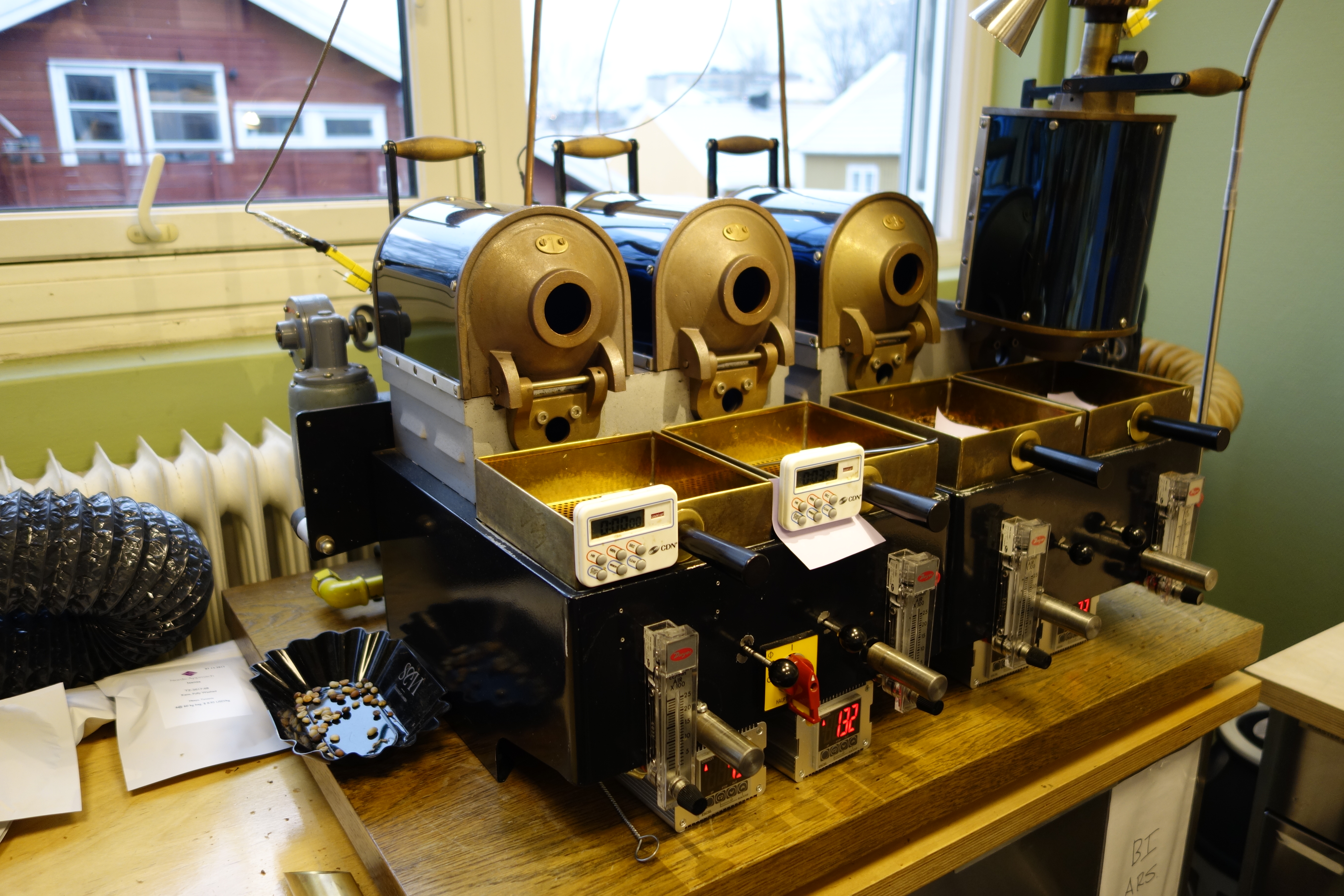
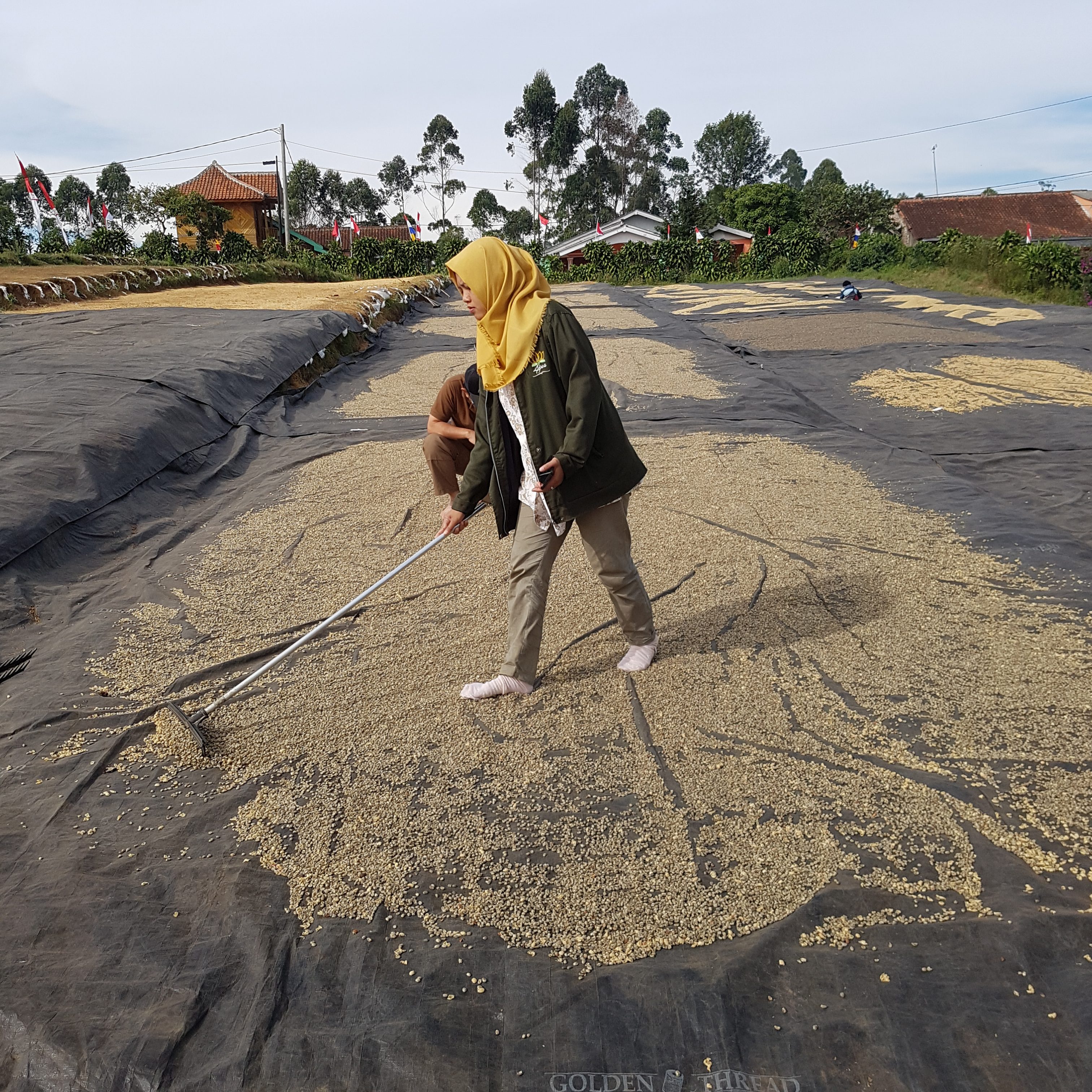
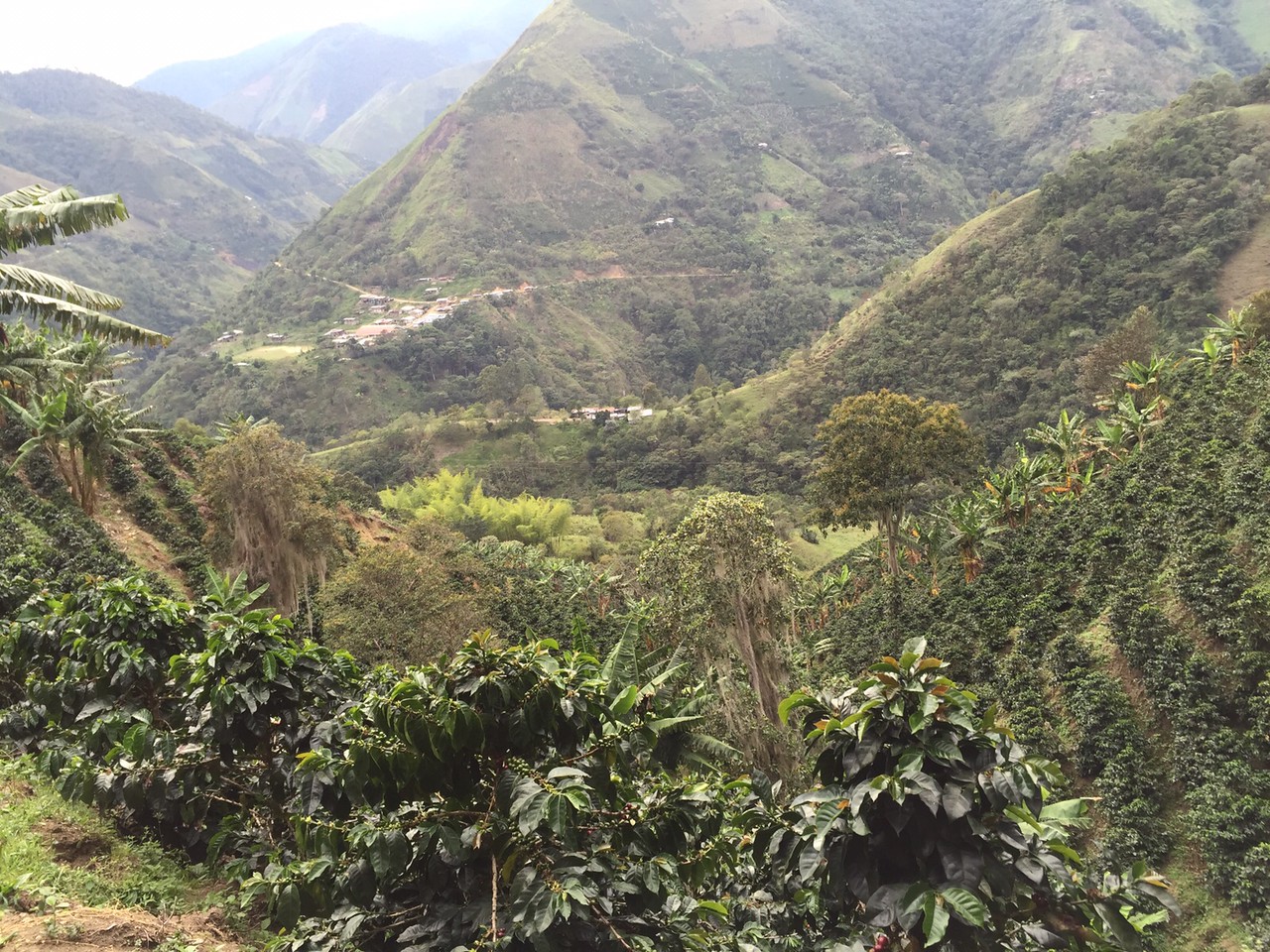
0 Comments